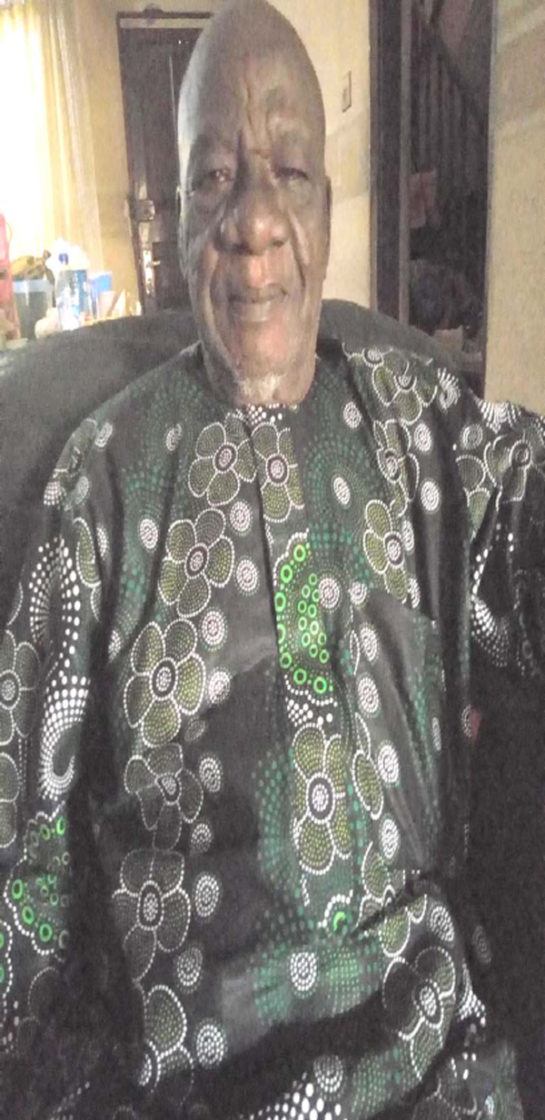
 By FRED IWENJORA
By FRED IWENJORA
Last week we brought you the life story of Benson Idonije, his relationship with Fela and his influence on his grandson Burna Boy who was nominated for the just concluded 62nd edition of the Grammy awards.
This is the concluding part as told to FRED IWENJORA
Could you throw more light on your friend Fela’s character?
As a man, Fela was a good man. Yet he was highly misunderstood by many. As a musician he was incomparable. He was a great musical talent. He was restless.
He wanted to make everyone around him happy both by his music and character. He did not want any man around him to suffer or complain. Fela hated injustice and always wanted to fight to redress oppression for the masses. He was humane and friendly.
Did anything change in your relationship with him?
So much had changed about our friendship over the years before he died. When his profile was rising internationally, I was also rising on my job so I stopped being in the day to day affair of his band and we started being distant. This started in 1974 when international managers came on board. But we always reconnected when need be. I was a visitor to the Shrine but not regularly because as I became senior staff, exigency of duty did not allow me.
READ ALSO: An evening of classical music
What about his music?
It continued to change restlessly. He continued to rise to new levels of creativity each and every day. He was never satisfied. Fela did a new song every week on his stage. If fans asked for an encore, he told them to go and buy the records. And they did.
Did your relationship with Fela ever put you in harm’s way?
It did in many ways than one. Some of us were treated with suspicion at the office. I recall that I missed the burning of Kalakuta Republic by the whiskers. I had just left the place before the destruction and burning happened. Again I missed being arrested at Alagbon because of Fela. I used to visit him and take food to him when he was detained at Alagbon. Some people claimed I did not have the right to visit him and almost arrested me. Someone also helped me to flee. And as a civil servant, my career may have been ruined if I was caught.
How true is the story that the FG banned his music from being played on public radio?
As far as I know, it was Fela that told the stations not to play his music if they won’t pay for playing them. Having returned from an international background where music is paid for when played on air, he knew his rights and privileges. I also believe that his revolutionary music also put fear into such government owned broadcast stations. This helped his music as fans bought the albums and also went to watch him perform at the clubs and later at the Shrine.
Many young women who came to Kalakuta never returned to their homes….
You see, like I told you, Fela loved humanity and attracted any one. He never invited all the men and women who thronged around him. They would come and tell him their problems and stayed on to feed on him of course. A number of times parents came to Kalakuta to take away their children but they would soon return.
The post How I escaped big trouble for knowing Fela appeared first on Vanguard News.
Comments
Post a Comment